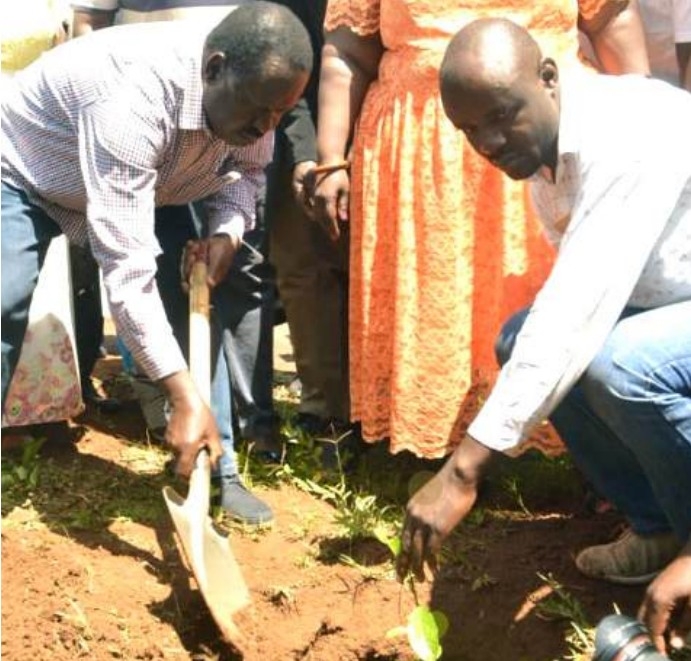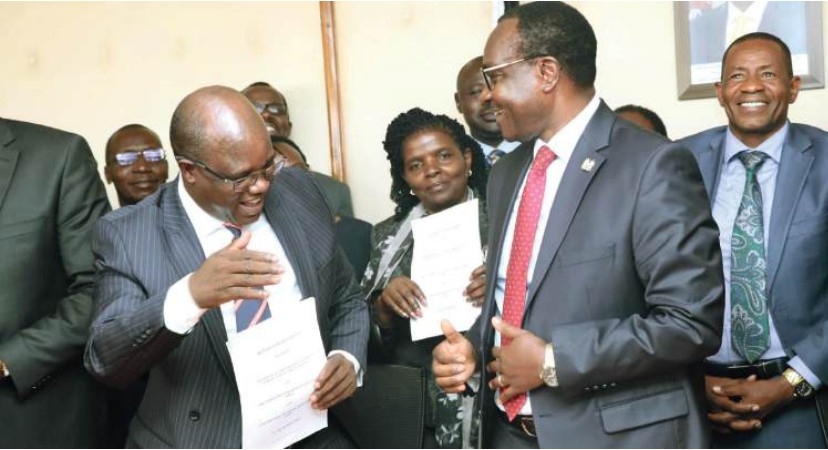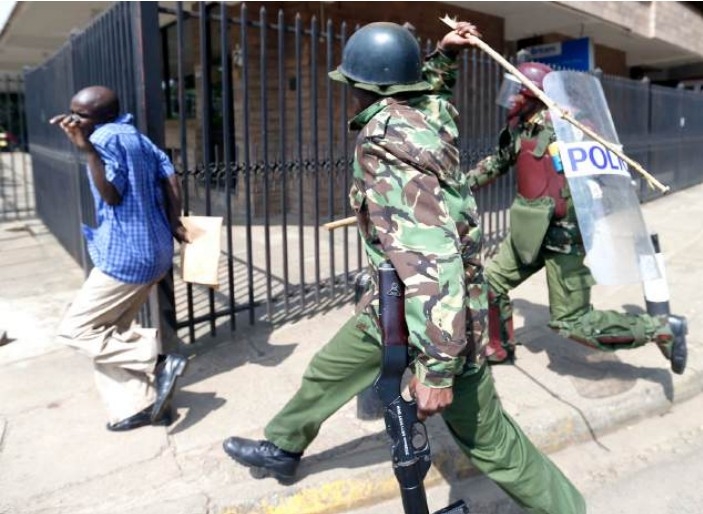Less than a fortnight ago, during one of my frequent visits to my home county of Wajir, a dreadful sight welcomed us.
Piles of animal carcasses strewn all over the roads, as families who previously relied on them strategically stood by the roadside with their arms stretched, frantically flagging down every passing vehicle for food and water.
This is a common image across our drought-ravaged nomadic counties. Such is the true reflection of our current national state, with millions of our people on the brink of starvation.
Loss and painful adjustment is an understatement for the pastoralist Communities, as long-term inaccessibility of basic needs like food and clean water continues to make life truly unbearable.
Our people have experienced an alarming drought phase owing to failure of six consecutive rain seasons. This is a major indicator of our current plight, for which we should partially take the blame for lack of preparedness and strengthening of existing policies, especially in water, livestock and agriculture.
Despite the rainfall experienced in various parts of Wajir and the country in recent days, the situation is serious that the effects of the rains might take long to be felt, even though we remain grateful to the Almighty for the much-needed rains.
I feel sad seeing the rainwater racing to waste as my constituents circulate photos and videos in the excitement of the aftermath of the rains.
Where is the rainwater harvesting? Where are our water reservoirs? Are our lands tilled to tap the rainwater? The very same areas water bowsers were distributing water are now watching helplessly as rainwater turns into a transportation nuisance, turning blessings into drivers’ nightmares.
Water is a critical factor in food production, and the adoption of water management practices, such as rainwater harvesting, can help ensure that crops have sufficient water during times of drought.
Lack of preparedness has been blamed for both the devastating effects of the drought and the rains. Both situations require a serious adoption of food security and climate resilience practices to ensure our people have access to safe and nutritious food and water, both now and in the future.
Food security and climate resilience are critical issues in today's world, as the impacts of climate change, such as droughts, floods and extreme weather conditions, seriously affect food production and distribution. Climate change has impacted food security by causing crop failures, reducing yields and affecting food prices.
There are several steps that can be taken to increase food security and climate resilience, such as promoting sustainable agriculture practices: This includes the use of conservation tillage, cover crops, and other techniques that help maintain soil health, reduce erosion and conserve water.
Building model farms across all the ASALs to ensure food security in these hard-hit famine regions is another welcome solution. I must commend Wajir Governor Ahmed Abdullahi for the ongoing agricultural-related initiatives.
Building resilient food systems includes strengthening food systems at the local, regional and national levels so that they are better prepared to cope with the impacts of climate change.
Tana river county, in as much as it is closer to coastal counties, we as the frontier counties recognise it as one of our own due to the longstanding practice of pastoralism. We, therefore, believe a revival of the Galana Kulalu irrigation scheme will be a significant boost in a bid to enhance food security.
Such an agricultural scheme can replace the images of relief-food-laden lorries to sufficient food-filled lorries feeding our whole nation. Galana was projected to raise over Sh1 billion in maize sales per season, under the 1 million acres set aside for food production.
Well, away from food and livestock production, climate change has also had a devastating impact on women and girls as they bear the cost of sacrificing their lives for their families sake as they are forced to trek miles in search of water.
We are truly at risk of losing a generation of bright girls and hardworking women as we shift focus to food and water. We must join hands to keep our girls in school by availing all resources from dignity kits to bursaries so that their careers and dreams are detached from their livestock.
I firmly believe we must be prepared enough before another change in climate sends us back to the drawing board.
Woman Representative, Wajir county














![[PHOTOS] How ODM@20 dinner went down](/_next/image?url=https%3A%2F%2Fcdn.radioafrica.digital%2Fimage%2F2025%2F11%2F99d04439-7d94-4ec5-8e18-899441a55b21.jpg&w=3840&q=100)
